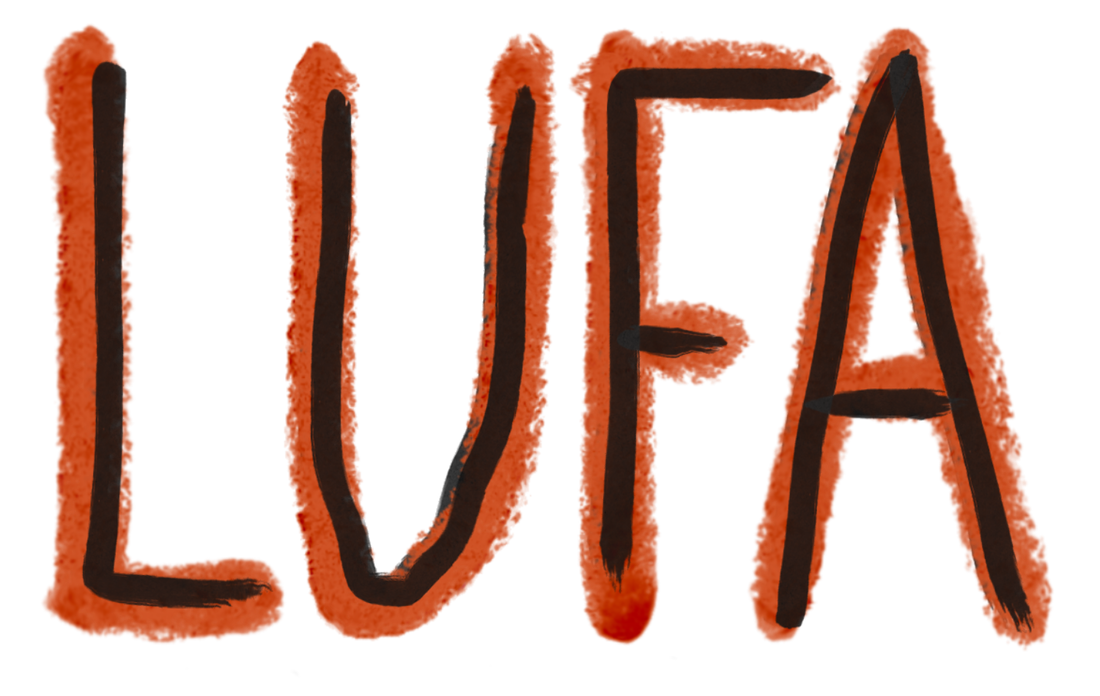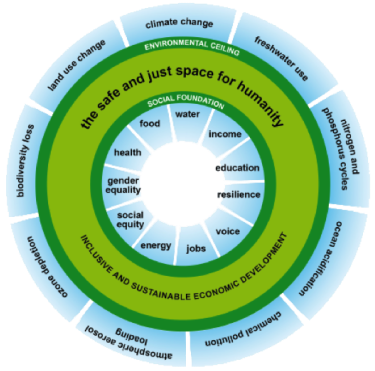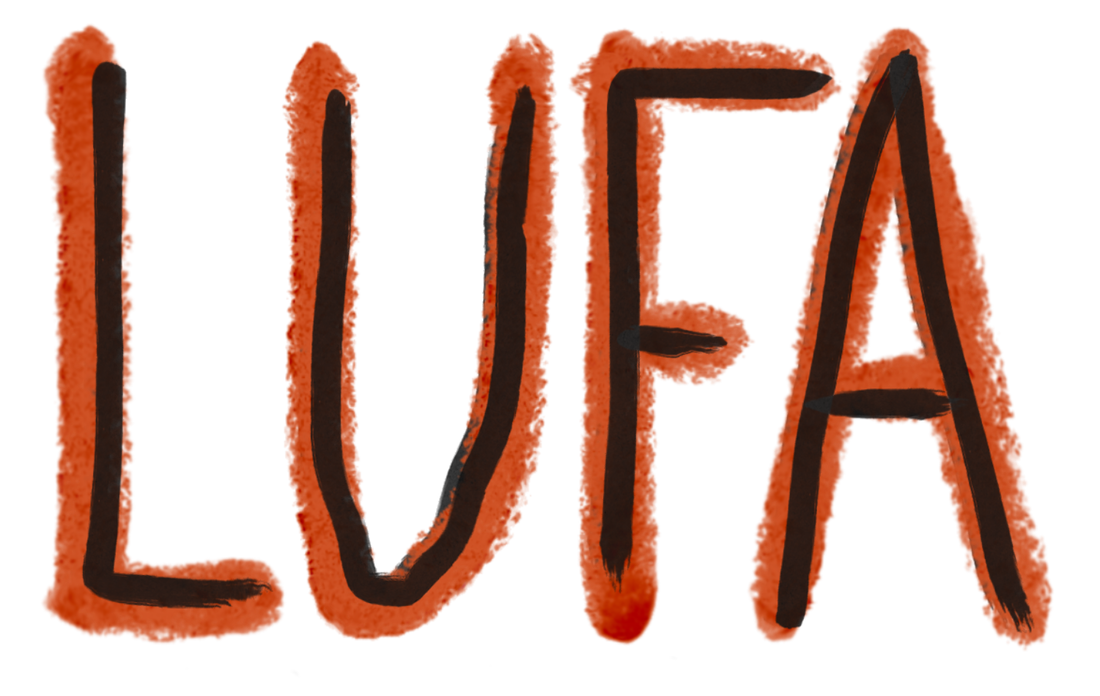Course InformationHumans and the natural world are complexly and inextricably linked, with each influencing and shaping the other. Fostering a transition toward a sustainable world in which fundamental human needs are met and the Earth’s life support systems are maintained is one of the central challenges of the twenty-first century. ENV 151 Introduction to Sustainability introduces students to the dynamic and emerging interdisciplinary field of sustainability (a.k.a. “sustainability science”). It provides students with a broad survey of the global sustainability science challenges and their potential solutions using an integrated social-ecological systems approach.
|
Course Objective
By the end of this course, you will be able to explain the main challenges of global sustainability to a novice learner, and begin to operationalize solutions to these challenges in your own life and in your relationships and conversations with others. Through a combination of close reading of the sustainability science literature, watching and critiquing videos on sustainability topics, and activities that challenge us to practice sustainability in our daily actions and conversations, we will learn to understand the main challenges of sustainability through the lens of sustainability science and the Raworth (2012) “doughnut model” of sustainability (above).
Learning Outcomes
To achieve the above course objective, we will work our way through several learning outcomes specific to ENV 151. We will:
- Be knowledgeable about the major global sustainability challenges and opportunities;
- Have an understanding of “systems thinking” – the interactive and complex nature of coupled human and natural systems (a.k.a., social-ecological systems) – and how we can use systems thinking to help solve sustainability problems;
- Be able to think analytically, critically about proposed solutions to environmental problems and their potential impacts for people and the planet;
- Have an increased capacity to integrate information on and communicate about sustainability; and,
- Realize how sustainability relates to our everyday lives, and possess tools to operationalize solutions to sustainability challenges in our relationships with our friends, families, communities, organizations, etc.
- Students will be able to frame a theory about the relationship between individuals and modern society. In ENV 151, this theory is the Doughnut Model of sustainability.
- Students will be able to articulate an argument based on theory and empirical evidence regarding the modern world. In ENV 151, we’ll talk about the Planetary Boundaries concept of a “safe operating space for humanity” (Rockstrom et al. 2009, Steffen et al. 2015), and the scientific argument that the Earth has entered a new geologic era scientists call the “Anthropocene” (textbook: Vince 2014).
- Students will be able to reflect, in writing, upon their role in the modern world, including their relationship to their own and/or other communities. In ENV 151, this learning outcome will be met via the Impact Project and Powerful Conversations activities.
ENV 151 Student Blog Posts
As a final project for ENV 151, students are asked to research a particular aspect of sustainability - a problem or solution, a particular place or person, or a specific topic they're interested in. In winter quarter 2017, the final product for this assignment was to write an academic blog post to be published on the LUFA website. Click the button below to see the student's posts!





